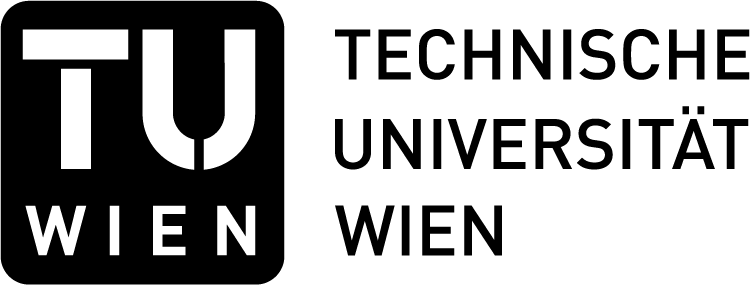An Ontology as Shared Vocabulary for Distributed Intelligence in Smart Home
| Author: | Mario Kofler |
| Supervisor: | Wolfgang Kastner |
| Type: | PhD |
| Finished: | 2014.03.24 |
| Download | |
Abstract:
Automation of buildings in the commercial but also the residential sector is on the rise, not least because of advanced opportunities developing from the integration of a multitude of devices into a single control system. While home automation thereby promises improved personal comfort and the optimized operation of the so-called smart home, these goals are currently only partly reached with regard to energy consumption. Mostly, configuration and monitoring of the building are in the responsibility of the home owners often leaving them overwhelmed with the amount and variety of influencing parameters and control options. One solution is to hand over control of a residential building to an autonomous system. For such a system, an unambiguous view of the environment is indispensable. In this regard, one major challenge is to address yet unconsidered factors that can be taken into account for the optimized control of a dwelling. The integration of these additional parameters into building control strategies allows the realization of advanced use cases such as proactive control that consider the current and future state of the building. In this context, highly heterogeneous domains need to be combined to reach an accurate representation of the building and its surroundings which is mandatory when an intelligent and optimized operation is desired. This dissertation presents an ontology that comprehensively models the smart home environment in order to provide the foundation for autonomous control of user comfort and energy efficiency. Using the Web Ontology Language (OWL) as knowledge representation formalism thereby facilitates the semantic description of terms and their interconnections. In this respect, one of the main problems addressed in this work is the abstraction from reality while still providing all major influencing factors to a building control system. It is shown how capabilities of OWL like subtle reasoning can be optimally utilized when creating a knowledge base for a smart home. The designed model is furthermore evaluated against competency questions retrieved from a set of advanced smart home use cases to demonstrate its suitability for this domain. One of the major benefits of the resulting ontology is the formal description of a large variety of parameters which is accessible through a well defined interface yet at the same time independent from the actual implementation of the control mechanism. Although the focus is the residential sector, the created conceptualization is to a great extent also useful for commercial buildings. While the application of the ontology is demonstrated for an individual building, as a shared vocabulary it may also be the basis for the integration of multiple building control systems in the context of a smart city by providing a unified view of the world.

